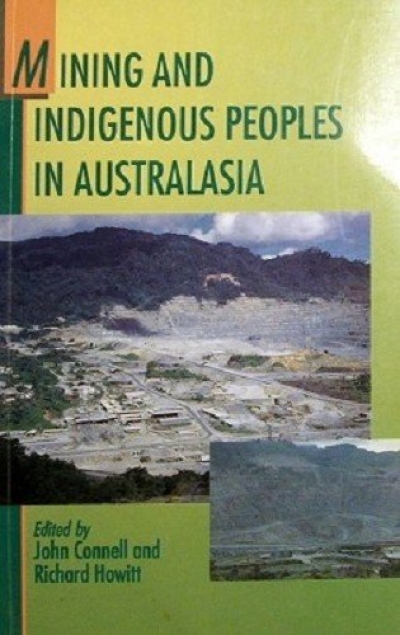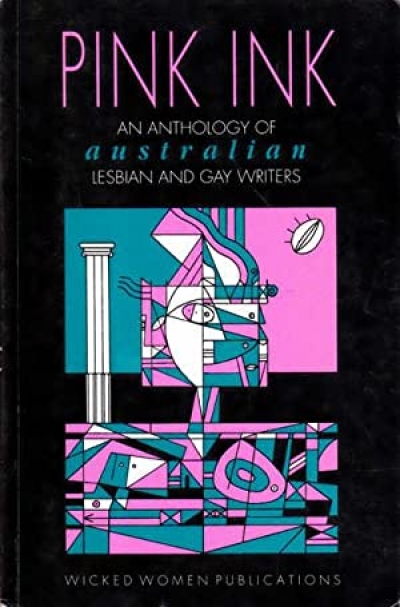Archive
Kingdoms Come: Religion and politics in Brazil by Rowan Ireland
Mining and Indigenous Peoples in Australasia edited by J. Connell and R. Howitt & Aborigines and Diamond Mining edited by R.A. Dixon and M.C. Dillon
It used to be the case that readers interested in the visual arts in Australia had to put up with long dry spells between the publication of art books. But, over the last three decades in particular, writing about the visual arts in Australia, in terms of its scholarly and especially in terms of its numerical strength, has undertaken a quiet revolution.
... (read more)The remarkable Peter Corris has done it again, producing his third book this year, with probably a couple still to come. I say remarkable because, with the occasional lapse, he manages to maintain a high standard of entertainment despite being prolific. No real writer, of course, would countenance publishing one book a year, let alone four or five, but fortunately for crime buffs this is not a problem for Mr Carris, who, one suspects, would happily produce a book every month if the publishers let him.
... (read more)Pink Ink edited by Michael Hurley & Distractions by Benedict Ciantar
Australian Cultural History, Volume 11: Books, Readers, Reading edited by David Walker, Julia Hornen and Martyn Lyons
Thea Astley’s first novel, Girl with A Monkey (1958), signalled the arrival of a writer with a distinctive style. Astley believes that Angus and Robertson accepted the book, although it would not be a money-spinner like the work of their bestsellers, Frank Clune and Ion Idriess, because their editor Beatrice Davis took the initiative in encouraging ‘a different form of writing from the Bulletin school’. The plain Bulletin style, a consciously shaped style representing ‘natural’ narrative, was still the norm in Australian writing in the 1950s, although that decade also saw the publication of stylistically evocative novels like Patrick White’s The Tree of Man and Voss, Hal Porter’s A Handful of Pennies, Martin Boyd’s The Cardboard Crown, A Difficult Young Man, and Outbreak of Love, and Randolph Stow’s The Merry-Go-Round in the Sea, A Haunted Land, The Bystander, and To the Islands.
... (read more)





